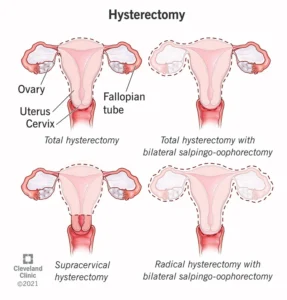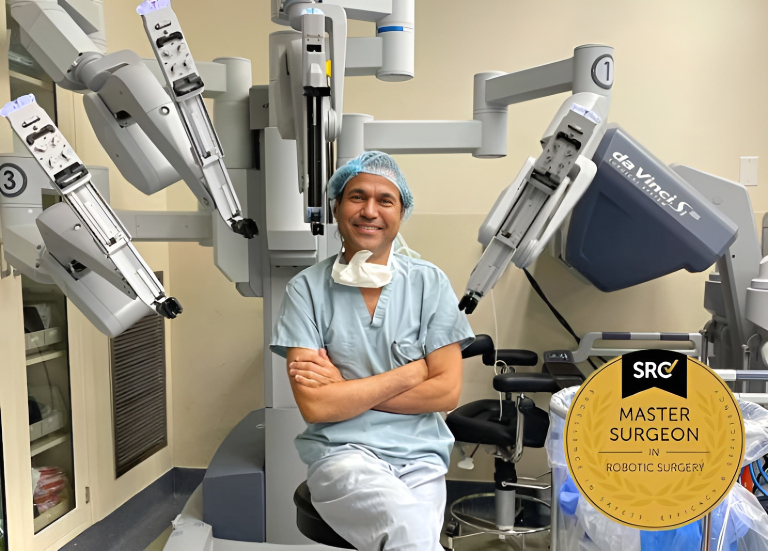Compassionate, Individualized Care for Every Woman
Personalized Treatment. Proven Results.
A hysterectomy is one of the most commonly performed gynecologic surgeries and is often recommended for conditions such as fibroids, endometriosis, adenomyosis, chronic pelvic pain, or abnormal bleeding that has not responded to other treatments. At New York Gynecology Surgery (NYGS), we use advanced laparoscopic and robotic techniques to make the procedure safer, more precise, and far less invasive than traditional surgery. Below is an overview of when a hysterectomy may be recommended, what the procedure involves, and what patients can expect during recovery.


